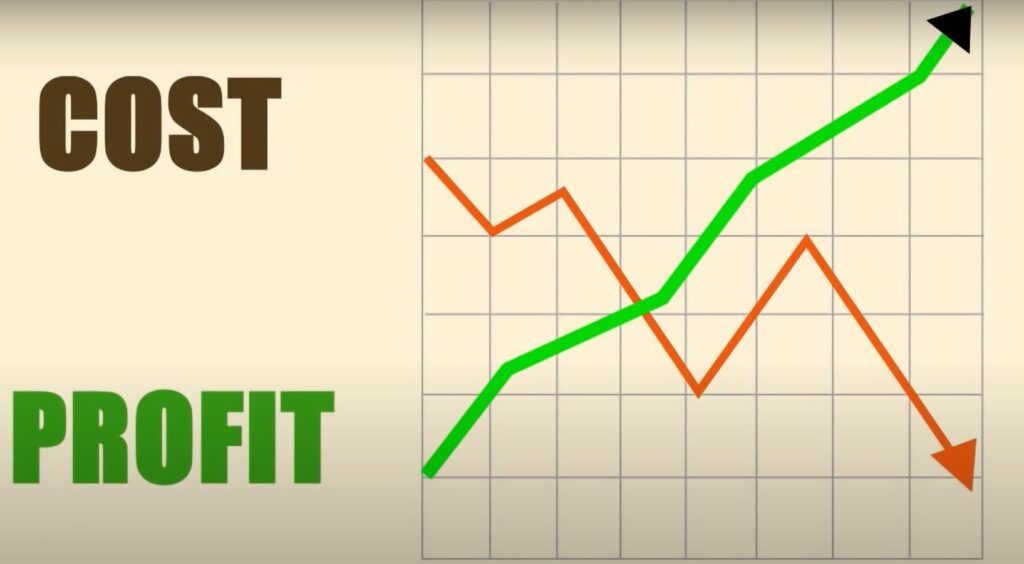
Using an overseas sourcing company can help businesses to a get a return of up to 25 percent. Plus, it contributes to the reduction of the overall costs of running your businesses and improves your profit margins. These savings can be extended to consumers as the products become more affordable to them. In turn, your customers will spend more money to buy your products. Over time, this helps to make the economy of a country healthier. So, when thinking of working with a sourcing company overseas, you can make the most out of your relationship with them by finding the right one. In this post, we are going to help you understand how to do just that.
Read on to learn more.
1. Referrals Are Powerful
Do you know any business that uses overseas suppliers to restock their inventory?

You can simply approach them for consultations and recommendations. Social media networks are also powerful tools for connecting with potential suppliers. If you choose to use social media, you can just create an ad. With the ad, you can opt to target suppliers in your country of interest. For example, China is one of the most popular destinations for many American manufacturers and retailers to source parts and goods. So, it offers a good starting point for your search. Talk to suppliers about your needs, and if they’re not the right fit, you can simply ask they them to refer you to other companies they know.
2. Company Location
If you’re dealing in fast-moving products, then it’s almost certain that you’ll need to work with a company with a convenient location. The proximity of a company or country determines your supply flow and inventory volume.

For example, China and Canada are the largest trading partner of the U.S. While China might seem a great option, Canada will certainly appeal because of its proximity to the U.S. Plus, it abides by the North American Free Trade Agreement (NAFTA), which means fewer restrictions for you. However, you can still explore other locations, including Mexico, Japan, Hong Kong, Germany, South Korea and the United Kingdom. These countries share trade relations with the U.S.
3. Agencies and Directories
There are a number of private and government agencies that can help with soliciting the right sourcing company. Even though it’s a paid service, they help to do all the heavy-lifting involved in creating trade relationships overseas. These services take into account your location, product volume, and delivery requirements.
The U.S. Small Business Administration (SBA) offers tips and guidance on how to find wholesale suppliers. There are also free online supplier directories that can be quite resources. Some notable examples include ThomasNet, MFG, Kompass, and Makers Row. Sites such as Oberlo, Alibaba, AliExpress, IndiaMart, and Bambify can make your search even easier. These directories and sites list thousands of wholesalers, suppliers, and manufacturers that you can contact.
4. Consider Regulations
You can find a good supplier in a particular country, but the existing regulations can be quite compromising. So, you want to ensure you’re well informed on the various tax, legal and trading policies that existing between your country and the target country. For example, early this year, the Trump’s transition team was considering to impose a 10 percent tariff on all imports. And that’s not all. The House Ways and Means Committee was also proposing a corporate tax system that would tax imports at 20 percent. Both of these policies and regulations pose a financial risk to retailers and manufacturers that use a sourcing company to get goods. As such, you should first check with the right legal and tax professionals to ensure you’re making the right decisions.
5. Product Quality
Finding a good company doesn’t necessarily mean opting for one that quotes the lowest. You’ll need to visit the company’s plant or facility to inspect the quality of goods they expect to deliver. Even after closing the deal, regular quality checks are still necessary to ensure their quality is consistent.
One thing you must to understand is that poor product quality affects everything downstream. When you get poor products, you’ll be forced to make returns, which will take up resources and impact your production times. In this case, it’s advisable to work with a company that has a proven track record of quality deliveries. This is where referrals seem to work best.
6. Types of Services
The type of services a sourcing company offers is also critical. For example, if you need industrial machines and other sophisticated parts, you need to work with a company that takes the frustration out of your supply-chain management. They should offer services such as sampling, concept analysis, and prototyping. Some great companies also offer manufacturing processes such as plastic injection molding and precision machining. Working with a company that offers comprehensive services helps to save the overall costs and makes it easier for you to manage your orders.
Additionally, the company should have good customer support to ensure proper coordination with your team.
7. Logistics and Shipping
Well, you have landed the best deal ever, and the supplier guarantees quality products. But, how are you going to handle shipping and logistics? This is an important factor to consider when talking to different sourcing companies. You want to check the type of transportation that’s available both locally and internationally. Some products require specific shipping requirements, which may differ between countries. Be sure to understand what transport infrastructure will be used to move the products from the company to the airport. Another critical factor to bear in mind is weather patterns of a particular country. Inclement weather conditions will affect timely shipping and this will, in turn, slow or pause your operations.
Sourcing Company – The Takeaway

When making overseas sourcing decisions, these are some of the factors you need to take into account. Make sure to conduct financial checks as the company should be able to meet your needs for the long term once the deal is closed. Also, avoid signing a long-term contract straight off or making advance payments. Start with small orders or a short-term contract until you have built a sustainable relationship with your sourcing company. Do you want to learn more about overseas sourcing? Get in touch with us, and we’ll be sure to help.
